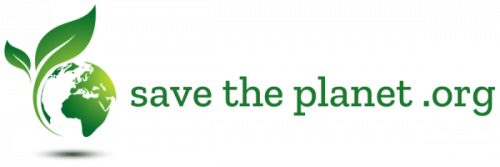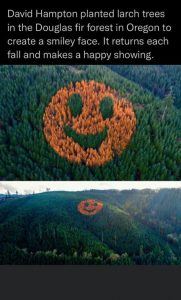Understanding Ecology: A beginner’s handbook
Ecology, as we have all studied in our school times, is the study of organisms and how they interact with their surrounding environment. All living beings make up the biotic component while the nonliving things of our ecosystem comprise the abiotic component.
Changes occurring in the ecosystem due to different factors like increase in temperature, overexploitation of natural resources, excessive fishing, deforestation, and other human activities disturb the balance in the environment. These ecological changes affect the living and nonliving components of the ecosystem that are interdependent for their survival.
Understanding ecology and the gradual changes in our ecosystem can help ecologists anticipate future ecological challenges. Such prior knowledge helps scientists and policymakers to find a way out to combat any local ecosystem challenges that can arise in the near future.
What is an Ecosystem?
In simpler words, the ecosystem is a geographical area consisting of plants, animals, and other living and nonliving beings. All the members of an ecosystem are dependent on members of their same species and on members of different species in that ecosystem for their survival.
Understanding ecology and the components of the ecosystem
- Like a human family, every member of an ecosystem has a role to play for a balanced functioning of that ecosystem.
- Plants, especially the green ones, are called Primary Producers as they can make their own food by Photosynthesis.
- Next, in the ecosystem, we have Consumers who are dependent on plants for their food requirements. Organisms like herbivores directly feeding on plants are the Primary consumers. Carnivorous and omnivorous animals feeding on other animals are Secondary Consumers, and the chain goes on.
- Fungi, bacterias, and other saprophytes feeding on dead bodies come in the category of decomposers.
- All these forms the food chains and food webs in the ecosystem. Understanding the ecology behind it helps us in understanding the inter-dependability of living beings on each other.
What is population ecology?
Population ecology is the study of the processes which affect the distribution and abundance of animal and plant populations. You have probably read about this in your science classes at school. Read on for a recap:
- A population confined to a small geographic area is easier to study as compared to the widespread one.
- Moreover, the population that undergoes asexual reproduction shows less genetic and phenotypic variability than that reproducing sexually.
- These variations make them more adaptable to the changing environmental conditions around them.
Ecology and the homo sapiens
Humans have always manipulated and overexploited the ecosystem. Here are some of the endless ways in which human activities are disturbing the ecological balance and leading humanity to a deteriorating planet.
- Air pollution by the factory and vehicular emission
- Water pollution by factory discharge
- Soil pollution by inorganic farming
- Contamination of the food web by agricultural chemicals
Understanding ecology has become all the more critical in this age of science and industrialization to spot our mistakes and find out alternatives to our modern lifestyles for a safer, cleaner, and greener world.
The post Understanding Ecology: A beginner’s handbook appeared first on Nature Talkies – We Talk about Nature.

